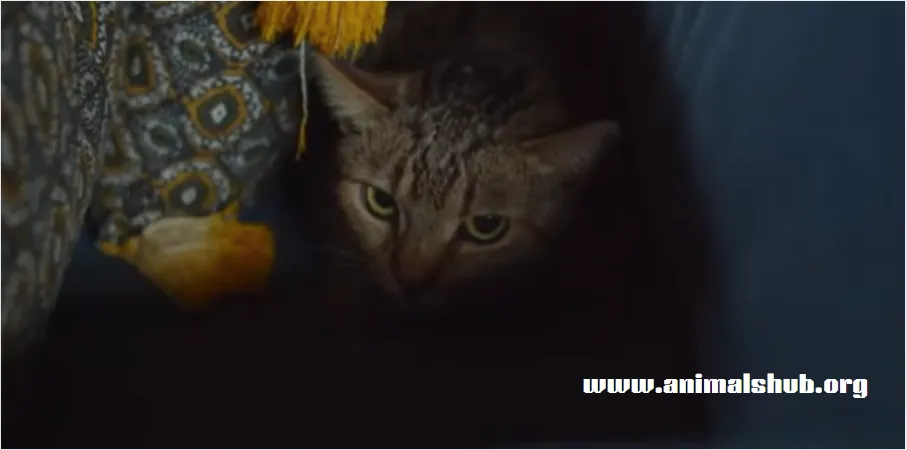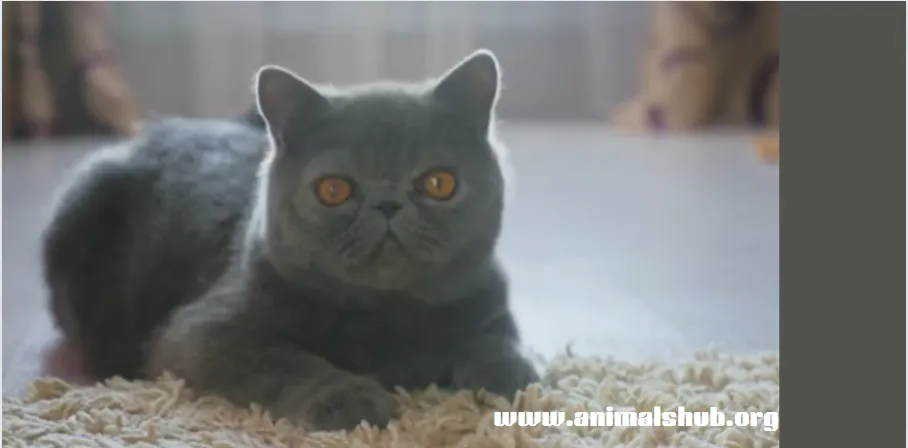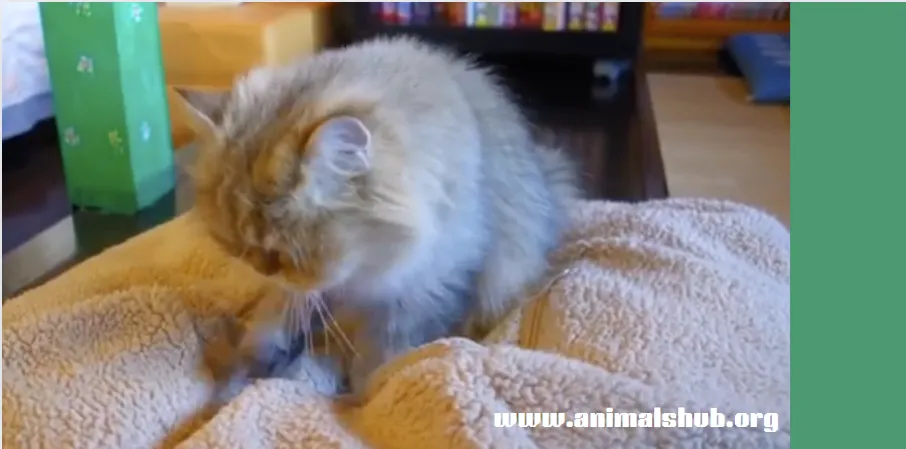 Cats are acknowledged for his or her lovely behavior and are often pressured. Among these exclusive behaviors, one of the maximum usually observed is the way they devour garments. To many cat proprietors, this behavior can seem peculiar and normal, leaving them questioning what is inflicting it. If you’ve ever caught your companion binge eating and doing laundry, you are now not by yourself. In this article, we will explore the numerous reasons behind this behavior and understand why cats bite blankets and knead. In this newsletter, we are able to explore the numerous reasons behind this behavior and apprehend why your cat may be attracted to your elegant undies. Read more about cat information at Read more about Cat information at animalshub.org.
Cats are acknowledged for his or her lovely behavior and are often pressured. Among these exclusive behaviors, one of the maximum usually observed is the way they devour garments. To many cat proprietors, this behavior can seem peculiar and normal, leaving them questioning what is inflicting it. If you’ve ever caught your companion binge eating and doing laundry, you are now not by yourself. In this article, we will explore the numerous reasons behind this behavior and understand why cats bite blankets and knead. In this newsletter, we are able to explore the numerous reasons behind this behavior and apprehend why your cat may be attracted to your elegant undies. Read more about cat information at Read more about Cat information at animalshub.org.
The Instinctual and Comforting Reasons Behind Blanket-Biting
1. Remnants of Kittenhood: Kneading and Biting
One of the primary reasons cats chunk blankets is due to their early enjoyment as kittens. One of the primary reasons why my cats bite and claw my blanket is due to their early experience as kittens. Kneading, the sound of ft transferring in and out of the vagina, is a habit that starts to evolve in childhood. Kittens rub down their mom’s belly to stimulate milk supply at some stage in grooming, a soothing effect that offers consolation and warmth. This conduct frequently extends to the aged, wherein it gives a place of rest and comfort. Biting at the same time as kneading is also every day and can be seen as a continuation of early conduct. In grownup cats, this interest maintains to create a feel of protection and nostalgia for the safe and cushy environment of their early days.

2. Marking Territory
Cats have fragrance glands on their paws, and scratching is one way they mark their territory. By kneading and chewing a blanket, cats release their scent, creating a familiar and safe area. This olfactory behavior is a manner they emerge as familiar with their preferred places and feel snug in their environment.
3. Comfort and Security
Blankets offer the warmth and texture a cat needs to feel comfortable. When a cat chews on a blanket, it calms the cat. This motion can assist relieve stress and offer an experience of security, much like how they experience when they are with their mom or in a secure, comfortable place. If you’ve ever wondered why cats bite a blanket and then rub their paws, it’s because this combination of behaviors provides a soothing effect.
Health and Stress-Related Factors
4. Teething in Kittens
For younger youngsters, chewing on soft gadgets like blankets can ease the soreness of teething. Just like human infants bite on items to make chewing less difficult, kittens chunk blankets for the same reason.
5. Stress and Anxiety
Cats may also bite on blankets in reaction to pressure or worry. Environmental changes, inclusive of moving to a brand new domestic, getting a new puppy, or even changing your daily timetable, can trigger pressure-associated behaviors. Biting and kneading can act as a coping mechanism for cats and assist them in manipulating their emotional country.
6. Health Issues
In some instances, blanket chewing can be associated with underlying illnesses. In some instances, cats biting a blanket can be associated with underlying illnesses. Dental troubles (together with gum disease or a toothache) can cause soreness, and your cat may also attempt to relieve it by chewing. Additionally, a condition referred to as percent, wherein cats have a compulsive urge to devour non-meals, can cause immoderate blanket chewing. If you observe a health problem, it’s far too high to consult a veterinarian.
Addressing and Managing Blanket-Biting Behavior

7. Providing Alternatives
To manage and correct the cat’s chewing behavior, deliver it other gadgets to chew on. Toys made mainly for cats, consisting of chunk sticks or toothpicks, can act as a great outlet for the intuition to chunk. Make sure these toys are safe and engaging to keep your cat interested. Additionally, if you’re wondering why cats knead and bite blankets lack of appetite, it might be worth noting that these behaviors can sometimes be linked to stress or discomfort, which might also affect their eating habits. Make sure these toys are secure and engaging to keep your cat involved.
8. Environmental Enrichment
Enriching your cat’s surroundings can help lessen blanket biting. Provide quite a few toys, scratches, and interactive play periods to stimulate your cat. A nicely exercised and mentally inspired cat is less likely to lodge to negative behavior due to boredom.
9. Creating a Cozy Alternative
With a bed or soft blanket, designate a special vicinity wherein your cat can kneel and chew to his coronary heart’s content. This alternative can give them a delegated area for his or her comforting behavior and reduce their tendency to target their favorite blankets.
10. Behavioral Training
If your cat’s biting will become complex or immoderate, mild behavior education can be essential. Positive reinforcement, including rewards and treats, can help inspire opportunity behaviors. Avoid punitive measures, as this can growth pressure and make the hassle worse.
Conclusion
To apprehend why cats chew blankets, it’s essential to perceive an aggregate of instinctive behavior, enjoyable behavior, and environmental reactions. To understand why cats purr and bite blankets, it is necessary to recognize a combination of instinctive behavior, comforting actions, and reactions to their environment. Whether it’s a cat reminder, a manner to mark territory, or a response to stress or fitness problems, each cat’s conduct may be unique. Meeting their needs and imparting the proper save could help your buddy feel safe and glad while preserving their blankets. If you are worried approximately your cat’s behavior, consulting a veterinarian or animal behaviorist can offer additional ideas and solutions.


